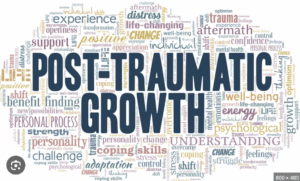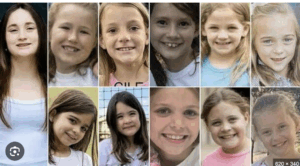It is a fundamental human truth — From the depths of pain, heroism often rises.
On July 4, 2025, catastrophic flash flooding at Camp Mystic, a girls’ summer camp in Hunt, Texas, killed 27 people, including campers and staff. The tragedy occurred when the Guadalupe River and a nearby creek overflowed their banks following torrential rainfall, inundating cabins where the youngest campers were sleeping.
The level of grief and suffering felt by the parents and families of these lost girls is unimaginable for most of us.
Soon after this horrific event, the parents of many victims gave emotional testimony to Texas lawmakers, calling for stronger safety measures for youth camps. One parent stated, “The tragedy wasn’t an accident. This was complacency, and it is 100% preventable.” Another pleaded, “Our daughters deserved better, and future campers deserve better.” The urgency was unmistakable: “We would be doing a massive disservice to our daughters for not running with this bill and seeing it through.”
Their advocacy catalyzed legislative change. The Texas bill now requires youth camps to establish floodplain restrictions, emergency plans, staff training, parental notification, warning systems, safety equipment, and safety orientations for all campers and staff.
 Why, then, does human suffering give rise to heroic action? Scholars and psychologists have identified several compelling mechanisms.
Why, then, does human suffering give rise to heroic action? Scholars and psychologists have identified several compelling mechanisms.
- First, tragedy shatters the illusion of permanence and control. In that raw space, people often re-evaluate their values and priorities. This “existential jolt” can awaken a sense of responsibility—if life is fragile, then what I do right now matters.
- Second, tragedy forges empathy through shared pain. Experiencing loss or hardship firsthand deepens the ability to recognize and respond to others’ suffering.
- Third, tragedy strengthens social bonds. In the aftermath of disaster, humans often experience what researchers call the “tend-and-befriend” response—banding together for mutual survival and healing. This is also called the Unification Principle of Heroism.
- Fourth, tragedy offers a path to redemption. Many spiritual and philosophical traditions—from Buddhism to Christianity—frame suffering as a crucible for transformation.
- Finally, tragedy catalyzes post-traumatic growth. Positive psychology research shows that some people emerge from trauma with greater resilience, purpose, and moral clarity.
In a perfect world, human beings would love, help, and look out for each other without tragedy as the inspiration. Yet in the absence of a perfect world, we are called to become more perfect versions of ourselves—where even out of devastation, the seeds of compassion, justice, and heroism can take root and flourish.
= = = = = = =
